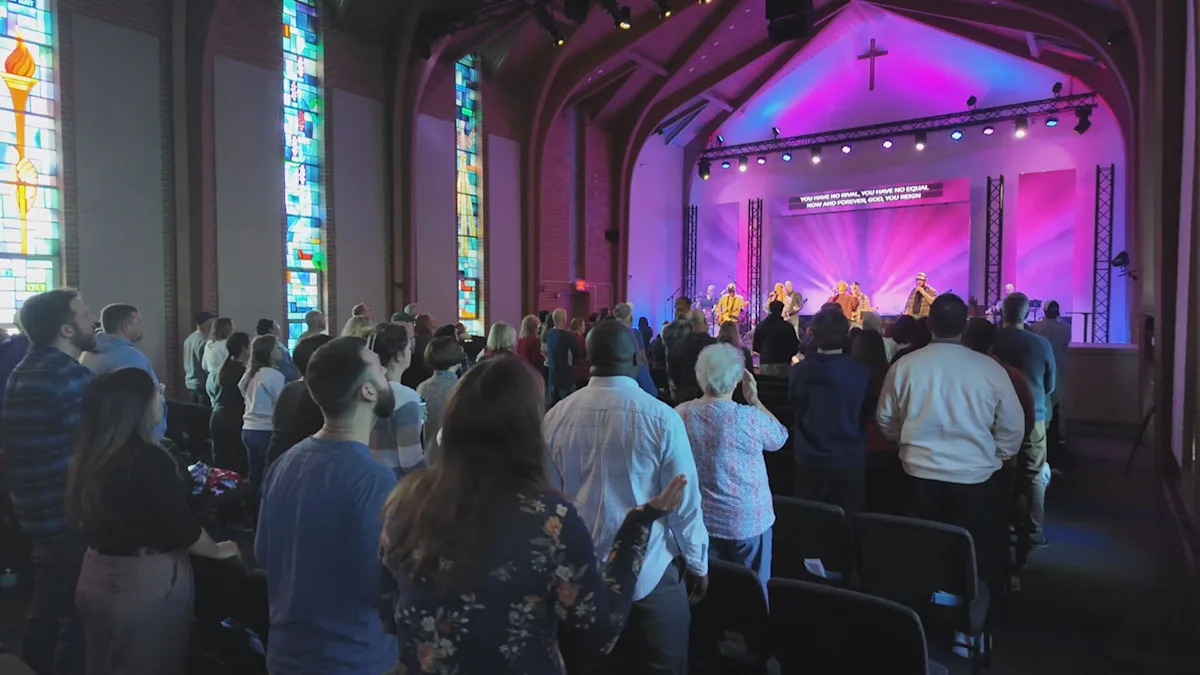Home / Lifestyle / Nondenominational Churches: America's New Religious Giant?
Nondenominational Churches: America's New Religious Giant?
19 Nov
Summary
- Nondenominational churches are the fastest-growing segment of Christianity in the U.S.
- Nearly 40 million Americans now identify as nondenominational Christians.
- Experts predict they may soon surpass Catholics in number.

Nondenominational Christianity is emerging as a dominant force in the American religious landscape. With nearly 40 million followers, representing 14% of the U.S. population, this independent sector of faith is growing faster than any other Christian tradition. These churches, rooted in biblical teachings but free from a specific denominational hierarchy, attract millions with their focus on personal faith and relatable worship styles.
Rooftop Church, a nondenominational congregation near St. Louis, exemplifies this trend. Head pastor Matt Herndon fosters an inclusive environment with casual attire and the use of pop culture in services. This approach, termed 'big tent Christianity,' aims to engage people in ways that resonate with modern life, focusing on biblical fundamentals without rigid doctrines. This openness is attracting individuals who may have found traditional church structures unappealing.
Experts observe that this surge in nondenominational churches signals a broader cultural shift away from established religious authorities. Projections indicate that these churches could become the largest religious tradition in America within the next 15 years. While often preaching conservative stances on social issues, they tend to lead with messages of personal connection to Christ, appealing to a growing segment of the population seeking a more direct and less structured spiritual experience.




